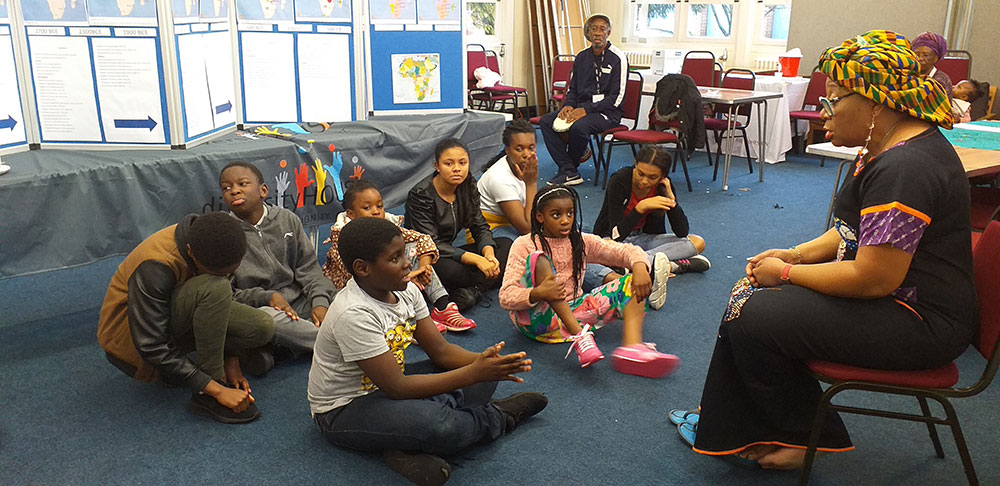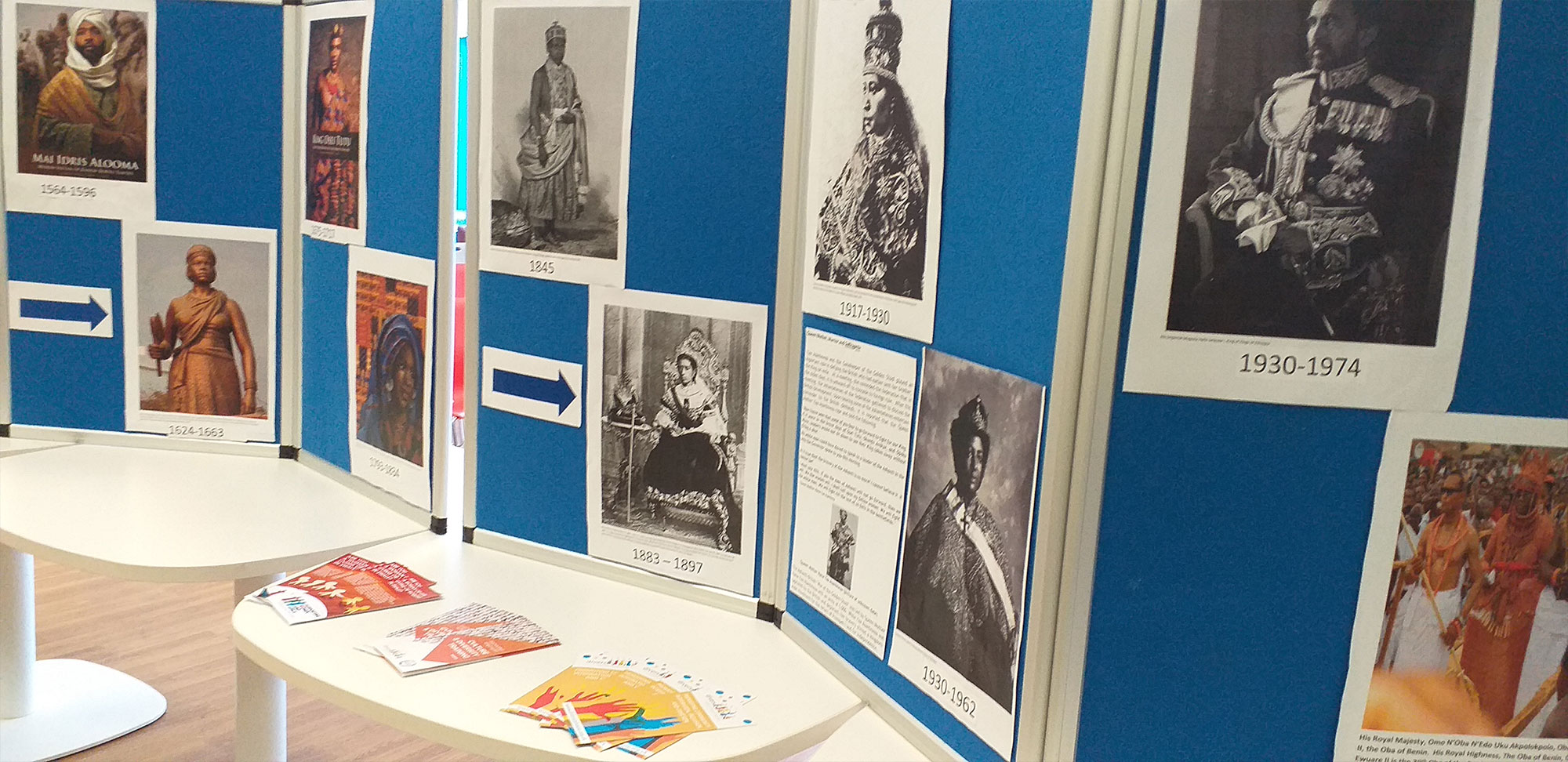Diversity House ran a Black History Month 2019 event in Phoenix House, which was funded by Swale Borough Councils Cultural grant.
The focus of the event was the celebration of achievements from Black Individuals in Kent.
We showcased the work of Barbara Walker, who is currently exhibiting her work at The Turner in Margate until April 2020. William Cuffay who was born in Chatham and was a leader in the chartist movement in early Victorian times

Below are a few facts about William Cuffay’s life and achievements
- His Dad, Chatham Cuffay, was a freed slave from St Kitts. Chatham worked as a cook on a British warship, which led him to William’s Mum, an English woman called Juliana Fox. They settled in Chatham, Kent, and William was born there in 1788.
- William was born with deformities in his spine and legs, and as a grown man, he was 4’11”. But his diminutive stature didn’t stop him from later becoming a leader of the Chartists, the first mass political movement of the British working class.
- William took on a tailoring apprenticeship and in his late teens became a travelling tailor. By 1819 he had settled in Soho, London. By 1834, William was unemployed. He went on strike with his fellow tailors, demanding better hours and better pay. The strike collapsed, and William was blacklisted from work for refusing to sign an agreement promising not to join a trade union.
- William is described: “a fluent and effective speaker…always popular with the working classes.” Around 1839, he set up the Metropolitan Tailors’ Charters Association and joined the London Chartists, a party fighting for political rights for working people. Just one in seven men had the vote at this time (and no women, of course). The Chartists demanded that every man over 21 should have the majority. By 1848 William was the leader of the Chartists and The Times snootily referred to Cuffay as, “the black man and his party”.
- William was transported Via the prison Ship Adelaide to Tasmania, Australia he arrived in Tasmania in 1849. This was because he was found guilty of crimes against the state. His wife Mary joined him in 1853.
- In 1856 William was pardoned. William and Mary chose to stay in Australia. He worked as a tailor and got back into politics. William played a significant role in persuading the authorities to change laws against servants in October 1869. He died in 1870 at the age of 82.
Also on display were African King and Queens. The day aimed to promote the rich history of Africa, which is not as much celebrated as compared to other aspects of history. The displays – which were kindly organised by our trusted volunteer Mike – were filled with images which demonstrate the extravagant civilisation and developments present in the second largest continent, way before colonialism.
The event was family-friendly and children young and old created African themed greeting cards to take home. The card-making was very popular that even some adults took part. The children were encouraged to design afro hairstyles with tissue paper. Creative play was used to instil self-confidence, and pride of heritage amongst the children and the sharing of art supplies helped with ensuring there was a respect of all.
Diversity House Ambassador Esther sang to the children and engaged them in learning about African culture. There was dancing and music which was enjoyed by all. Steve played the drums, and everyone joined through clapping in unity.
The day ended with Christine (CEO of Diversity House) gathering the children around and testing the children on their knowledge of African Kingdoms. She instructed the children on how to be good citizens in life.


